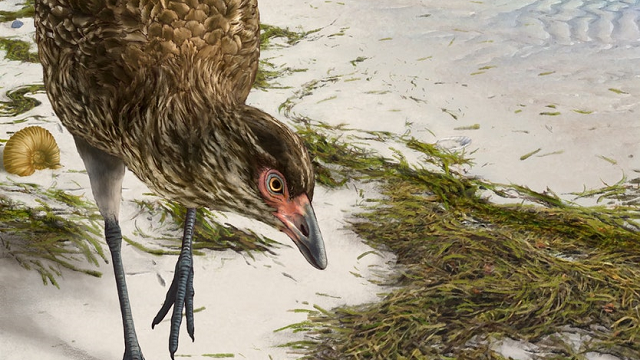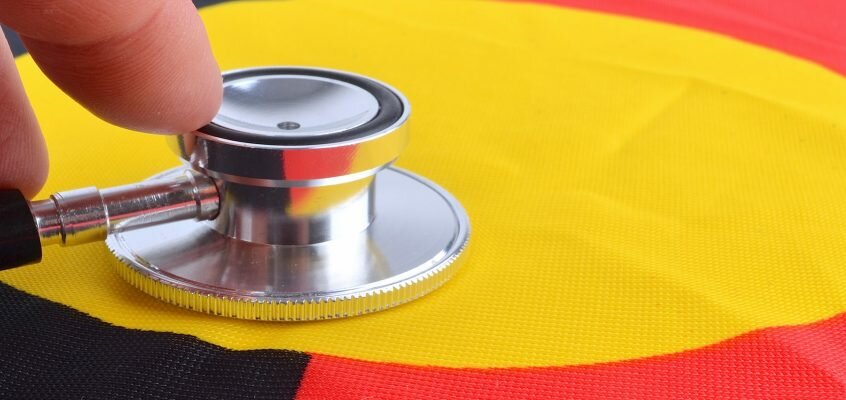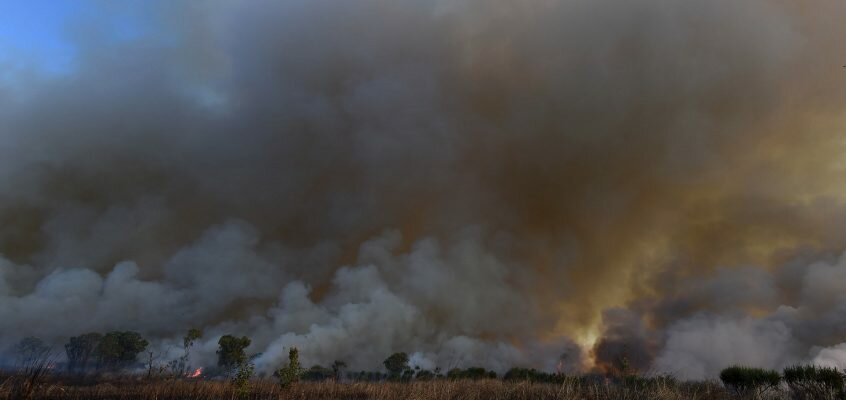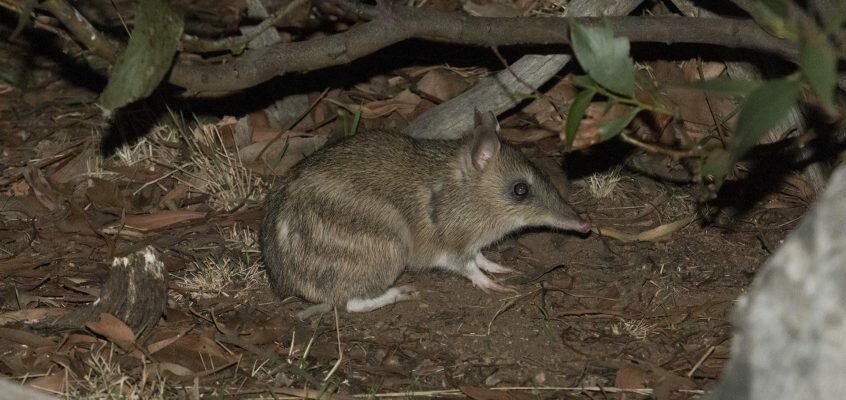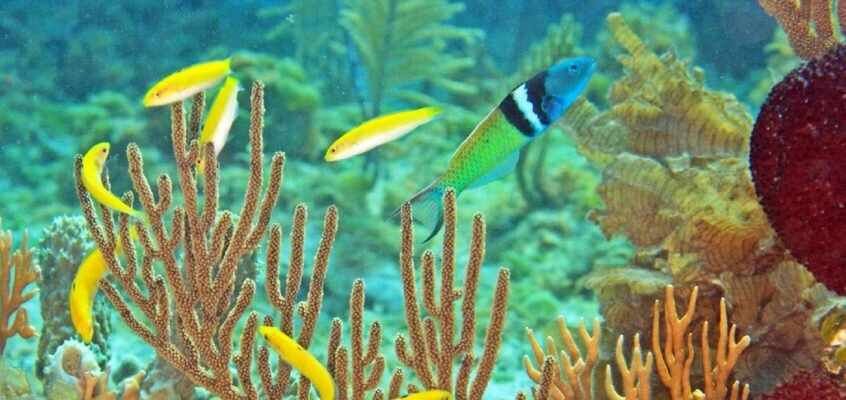‘Wonderchicken’ fossil from the age of dinosaurs
The find sheds light on the origin of modern birds and how they survived the last mass extinction. This resource is suited to students in years 4, 5, 6, 7, 8, and 10 studying Biological or Earth and Space Science. … Continued
